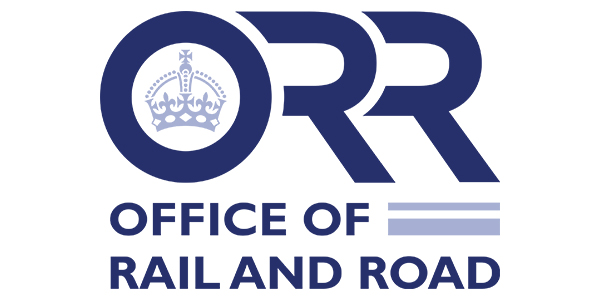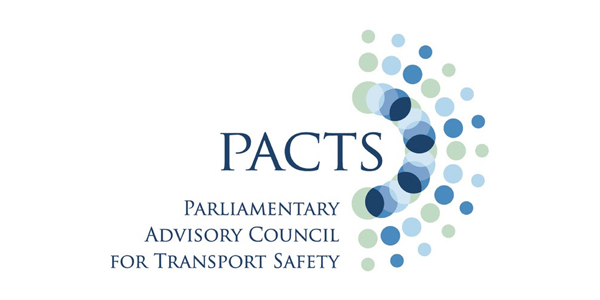The Occupational Road Risk Management Charter is a leadership statement. By signing it, the Chief Executive or Managing Director is making a commitment to their organisation to embed road risk management tools in line with the Rail Health and Safety Strategy for the management of road risk.*
Each company committing to this Charter should appoint an internal road risk ‘Champion’. This person will have a responsibility to communicate the Charter requirements throughout the company.
The Charter provides an opportunity for rail sector leaders to work together. It is a common framework to work with the Rail Health and Safety Strategy and Occupational Road Risk Management collaboration arrangements.
Each rail sector should appoint a road risk rep. Also, some rail sectors have set up their own road risk groups. These forums are already delivering increased awareness of the need to share good practice and to participate in collaboration programmes that provide mutual benefit for all.




